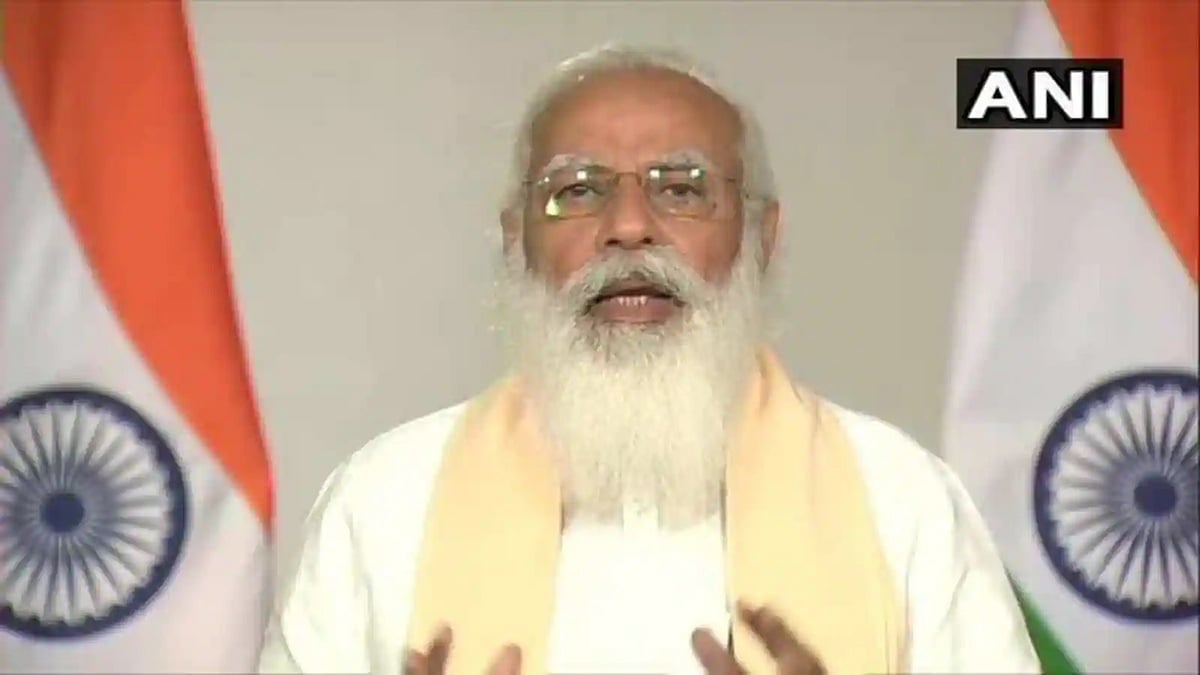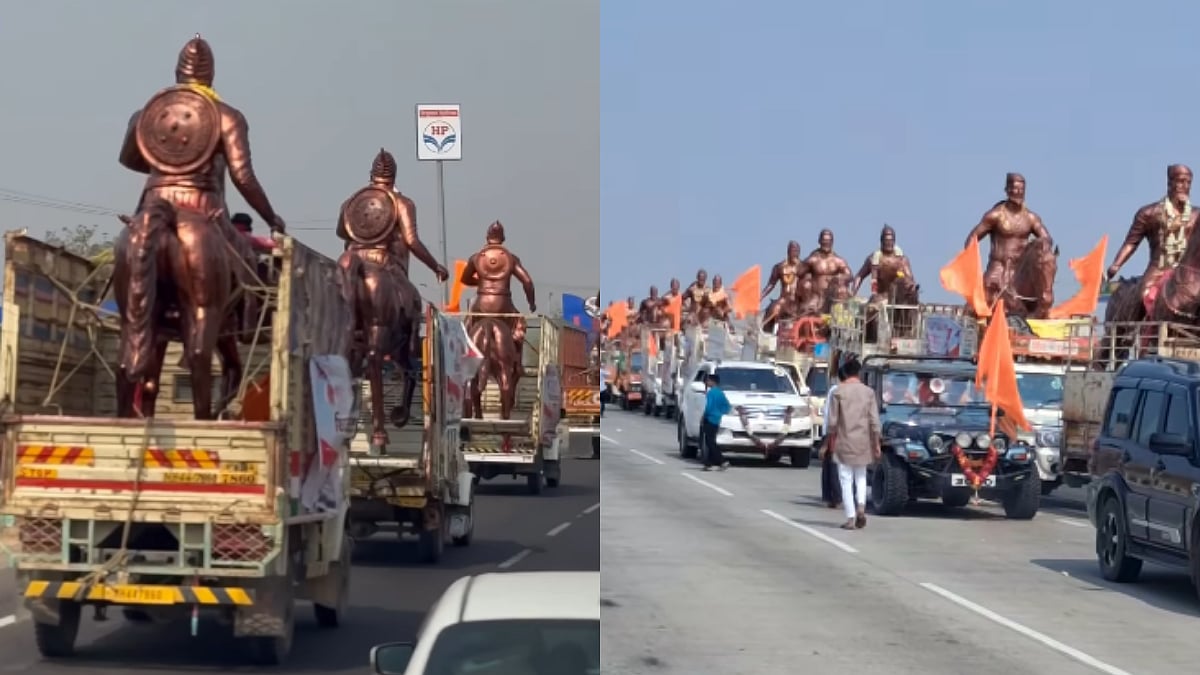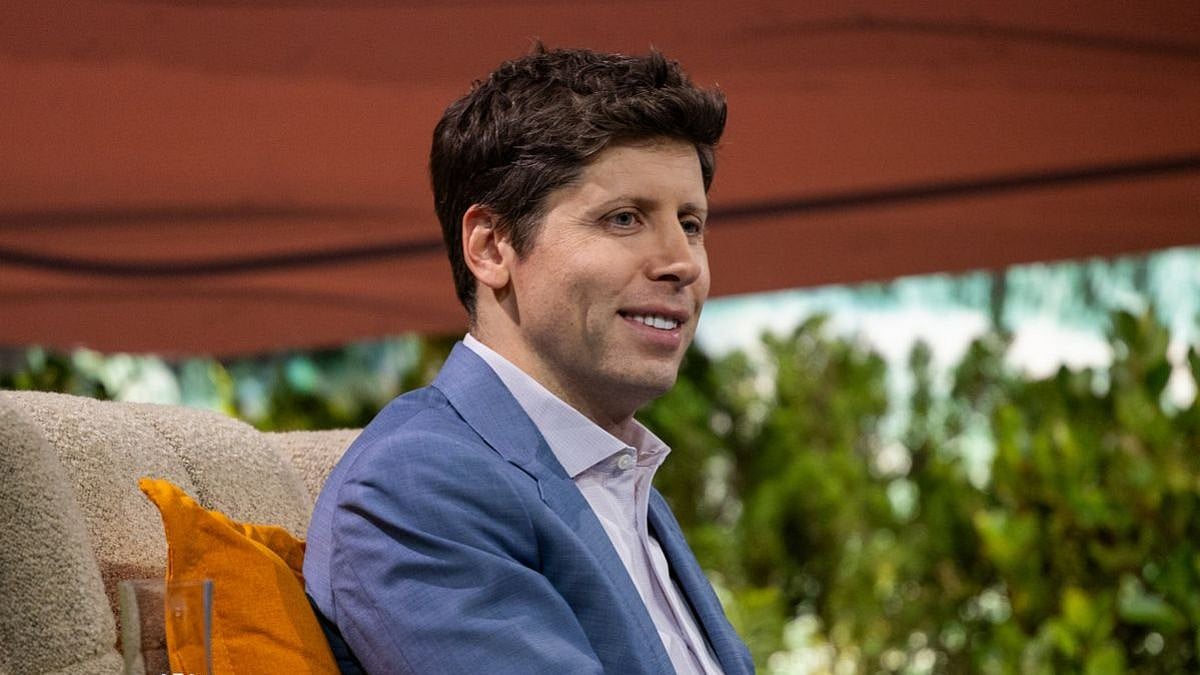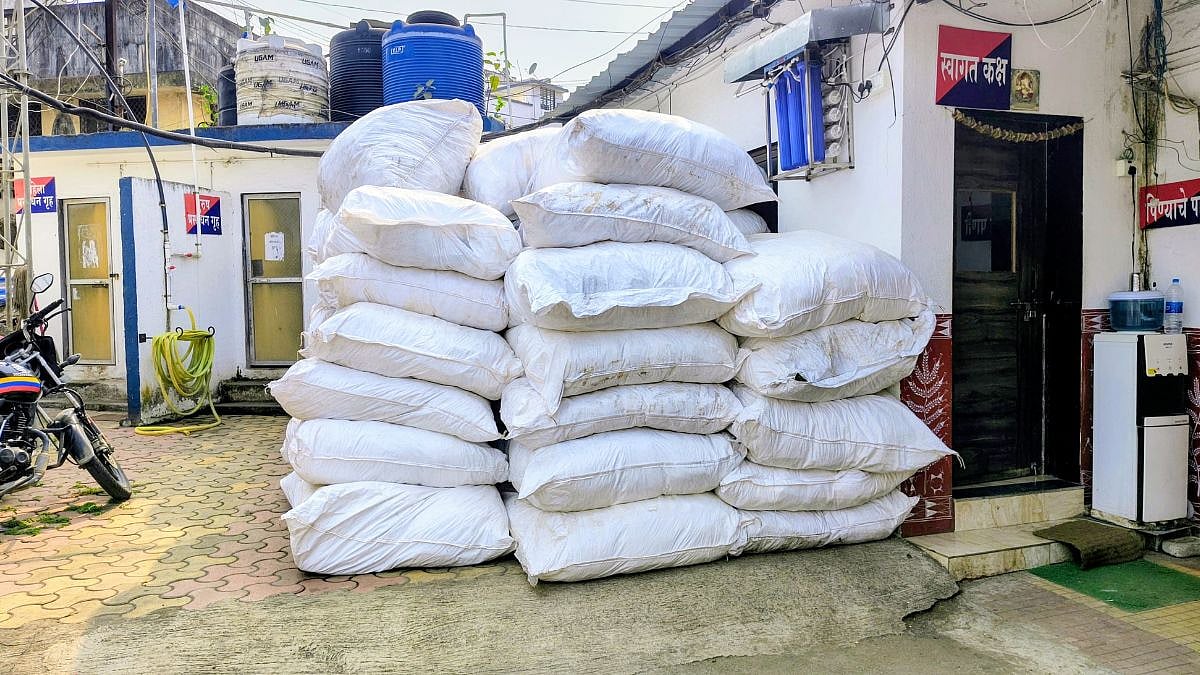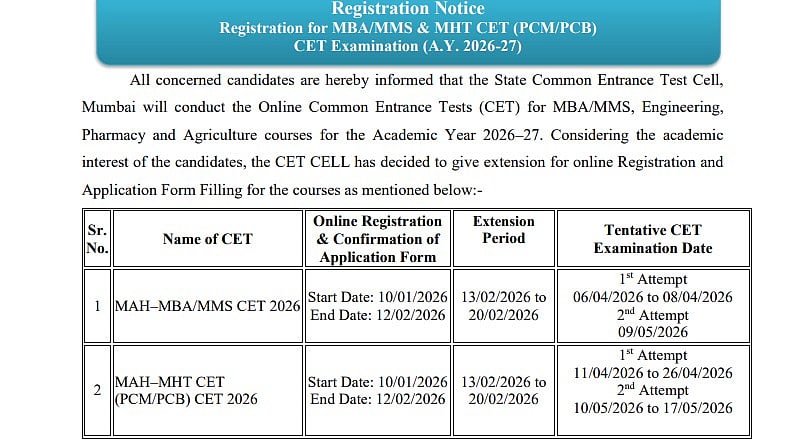Prime Minister Narendra Modi has ruled out a nationwide lockdown, so as to avoid an adverse impact on livelihoods and further setbacks to the economy. It is for state governments to impose restrictions as they deem fit and for the Centre to concentrate on supply side measures, such as ensuring availability of vaccines, medical oxygen and drugs, as well as intermediates for their manufacture. It must also urgently put in place a policy framework – and funds – to further research on SARS-Cov-2, given the new variants.
Avoiding a nation-wide lockdown in the face of the deadlier second wave makes eminent sense, because the trajectory of the Covid-19 pandemic and even the variants of the virus are different in different parts of the country. The measures taken by various states range from very strict, in the form of lockdowns, to mild, as in advisories and fines for Covid-inappropriate behaviour.
Delhi imposed a strict one-week lockdown and Maharashtra appears set to follow suit, after progressively tighter Covid-related restrictions failed to yield results. Karnataka’s curbs are so far confined to a night and weekend curfew. The state has also capped the number of guests at weddings at 50 and shut down gyms, eateries, bars and malls.
Uttarakhand, too, has also imposed a night curfew and ordered closing of commercial establishments after 2pm, while Himachal Pradesh has banned social, religious and political gatherings. In Andhra Pradesh, a Rs 100 fine will be levied on those without masks and the public advised to observe social distancing in theatres, hotels and convention centres. Bihar, with a mounting caseload, has shut malls and cinema halls.
Still reeling from last year
In March last year, when the first wave hit India, the Centre deployed the Disaster Management Act of 2005 and the Epidemic Diseases Act of 1897 and imposed a country-wide lockdown. The country has yet to recover from the disastrous impact of bringing most sectors of the economy to a grinding halt. At the time, the Modi government was severely criticised for an over-centralised response to Covid-19, thereby undermining federalism. Health is a state subject, after all.
Certainly, the full lockdown was the sledgehammer option, and it hurt people across the board. But given the circumstances, it was understandable, as very little was known about the virus and its mechanisms. Vaccines were not available, treatments had yet to be arrived at and even precautionary measures had not been clearly spelled out. Nor was the necessary infrastructure in place. The lockdown bought valuable time, for scientists and public health professionals to arrive at containment measures and clinical management protocols.
Last resort
Now, with all of these advantages, a full lockdown must be absolutely the last resort. Protecting lives also means protecting livelihoods. The second wave hit just as signs of revival were clearly discernible. Budget 2021 had unleashed a feel-good factor and business was edging towards a near-normal. A lockdown would turn the clock back and might even turn the recovery from ‘V’ or ‘K’-shaped (depending on the economist) to ‘L’-shaped.
There is no reason why local economies in relatively Covid-free zones should be subjected to lockdowns. The micro-containment zone approach advocated by the PM may well be the best way forward. Likewise, state governments are free to demand Covid-negative certificates from visitors, but banning cross-border movement should not be an option.
Worrying variants
For the Centre, empowering scientists is nothing short of critical. With a number of new variants, the Indian SARS-CoV-2 Genomics Consortium (INSACOG) must go forward expeditiously. Nor can distinctions be made between the public and private sector in terms of research, or restrictions imposed on access to necessary imported materials in the name of ‘Make in India’. The discovery, first in Vadodara and now elsewhere, of patients with clinical symptoms of Covid testing negative, has underlined the need for rapid research. The Centre has done well to allow jabs for all adults and approve more vaccines, but could consider making them available at select pharmacies.
For state governments, alongside the vaccine rollout, sero-surveys, widespread testing and ramping up of health infrastructure to deal with the high caseload, enforcement of simple anti-Covid measures like masking (preferably double masking) and social distancing (as far as possible) should be non-negotiable. The discipline of queuing up for services, even when shopping, worked well the first time around but fell prey to Covid fatigue. Policing of public behaviour may be unpopular, but is necessary.
At the same time, going by predictions of a still greater surge in cases, state governments have to work in conjunction with the Centre to ensure adequate beds and supplies for critical care. The blame game must cease.
The writer is a senior journalist with 35 years of experience in working with major newspapers and magazines. She is now an independent writer and author.
